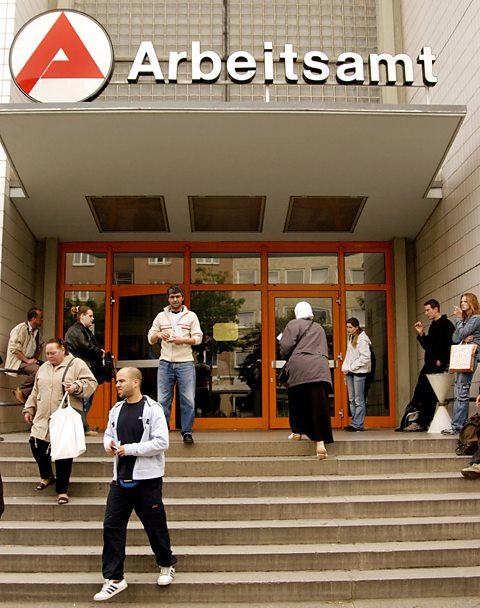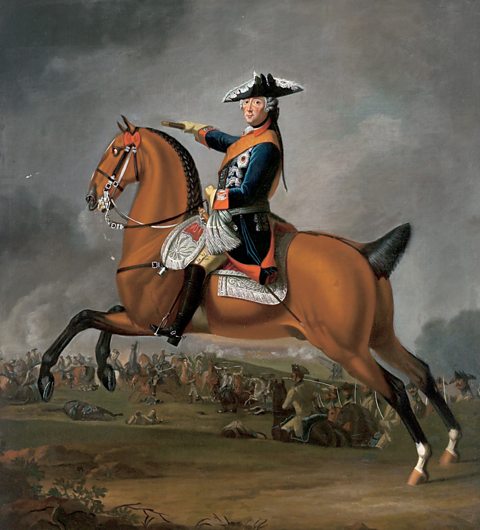Unemployment
Although less of a problem than in other countries around the globe, unemployment is still an issue in Germany. Unemployment - Arbeitslosigkeit - is not only an economic problem, which costs the state a lot of money to support the people without work, but high unemployment often leads to mass poverty and homelessness. In Germany there are a number of charitable organisations that try to tackle the problem.

Hilfsvokabaln – Helpful vocabulary
arbeitslos(adj) – unemployed (literally: workless)
der Arbeitslose(m) – the unemployed person
die Arbeitslosen(pl) – the unemployed people
die Arbeitslosigkeit(f) – unemployment
die Arbeitslosenquote(f) – the unemployment rate
der Durchschnitt(m) – the average
das Geld(nt) – money
im Vergleich zu– in comparison to
im Vergleich zu anderen Ländern– in comparison to other countries
die Zahl(f) – the number/amount
Turning adjectives into nouns
In German, it's possible to make an adjective into a noun, eg arbeitlos (adj) > der Arbeitslose (n), which means 'the unemployed one'. But a better translation is 'an unemployed person'.
Other examples are arm (poor) > der Arme (the poor man) and groß (big, great) > der Große (the great/the great one).
Remember to add a capital letter at the beginning of the word when turning adjectives into nouns.
Did you know?
Friedrich der Große (Frederick the Great) was the King of Prussia from 1740-1786. His nickname was Der Alte Fritz (Old Fritz).
He created work for the Prussian people by ordering the building of canals, which in turn encouraged further trade. By developing waste land, he was able to expand his kingdom further and succeeded in introducing turnips, along with potatoes – Kartoffeln – as major food crops.
He tried less successfully to develop industries for porcelain and silk – Seide. But additional jobs were created, as weapons and clothes – Kleider - needed to be produced for his vast army.
